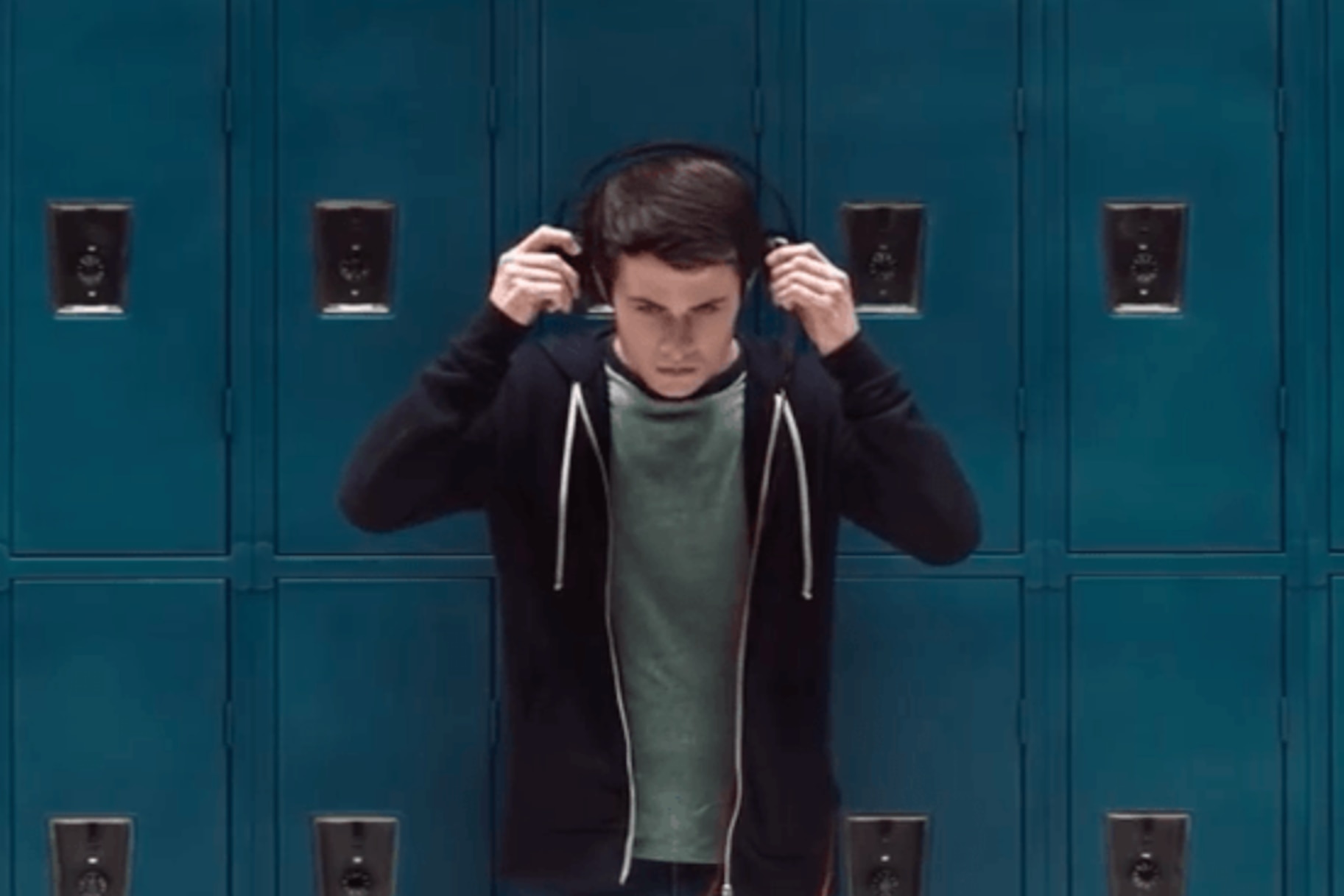Create a free profile to get unlimited access to exclusive videos, breaking news, sweepstakes, and more!
Scientists Are Urging Netflix To Halt '13 Reasons Why' Over Disturbing Study Results
"Our worst fears were confirmed."

Netflix's controversial program "13 Reasons Why" has elicted concerned reactions from viewers since its debut.
The program, based on the 2007 novel of the same title by Jay Asher, which depicted the fallout of the suicide of a young teen, created a debate around images of self-harm and their dissemination in the media. Now, a new study shows that the show's success may be linked to an uptick in teen suicides, leading researchers to ask Netflix to consider pausing production on the upcoming second season.
Researcher John Ayers of San Diego State University monitered discussions of suicide on the internet following the release of "13 Reasons Why." Searches for the phrases “how to commit suicide” and “commit suicide” both saw a 26 and 18 percent increase in the months after the show's debut — there were no other major cultural events pertaining to suicide that would have led to this increase, the study says.
Similarly, searches for the phrase "suicide hotline number" jumped 21 percent.
"The time for rhetorical debate is over," says Ayers. "While '13 Reasons Why' has certainly caused the conversation to begin -- it's raised awareness, and we do see a variety of suicide-related searches increasing -- our worst fears were confirmed," he said. "That is, thousands of people, thousands more, are searching online about ways to kill themselves."
Ayers has suggested that the first season should be ammended in order to discourage self-destructive behavior, along with at least a postponement of the second season until certain issues can be addressed.
Producers of the show had consulted with mental health experts during the creation of the first season, hoping to tackle the subject responsibly. Ayers' study suggests that more could have been done to adhere to the World Health Organization's media guidelines for preventing suicide.
"Psychiatrists have expressed grave concerns because the show ignores the World Health Organization's validated media guidelines for preventing suicide. The show's staff instead continue to prefer their gut instincts," Ayers said.
"From the very beginning, I agreed that we should depict the suicide with as much detail and accuracy as possible. I even argued for it — relating the story of my own suicide attempt to the other writers," wrote Nic Sheff, one of the show's writers, before the study was published.
There is no way for Ayers' research to definitively conclude that show caused the surge in suicide inquiries, however research on the subject of the "contagiousness" of suicide lends credence to his theories.
"I believe most people working on the show felt like by raising awareness of youth suicide and portraying it graphically, they would somehow discourage young people from engaging in suicidal behavior. Sadly, this is not how suicide contagion works," says John Ackerman, suicide prevention coordinator at Nationwide Children's Hospital in Columbus, Ohio.
"These analyses, by Ayers and his team, seem to indicate that suicide awareness was heightened and I think that that is a relief, but unfortunately at what price was that awareness raised?" asked Madelyn Gould, a professor of epidemiology in psychiatry at Columbia University.
"Maybe this will have some impact on the producers of '13 Reasons Why' as they develop their second season," Gould added. "None of us know what that second season is going to be about. I hope that they recognize that it's not just suicidal behavior that can get modeled and that there are other deleterious behaviors that can get modeled as well."
[Photo: Netflix]






















